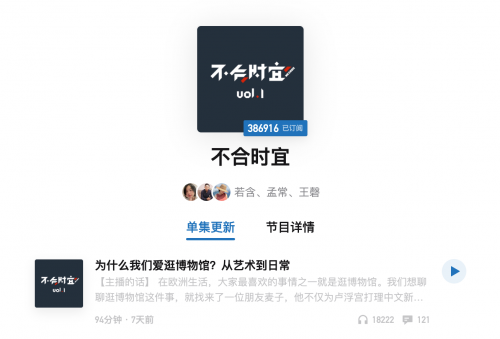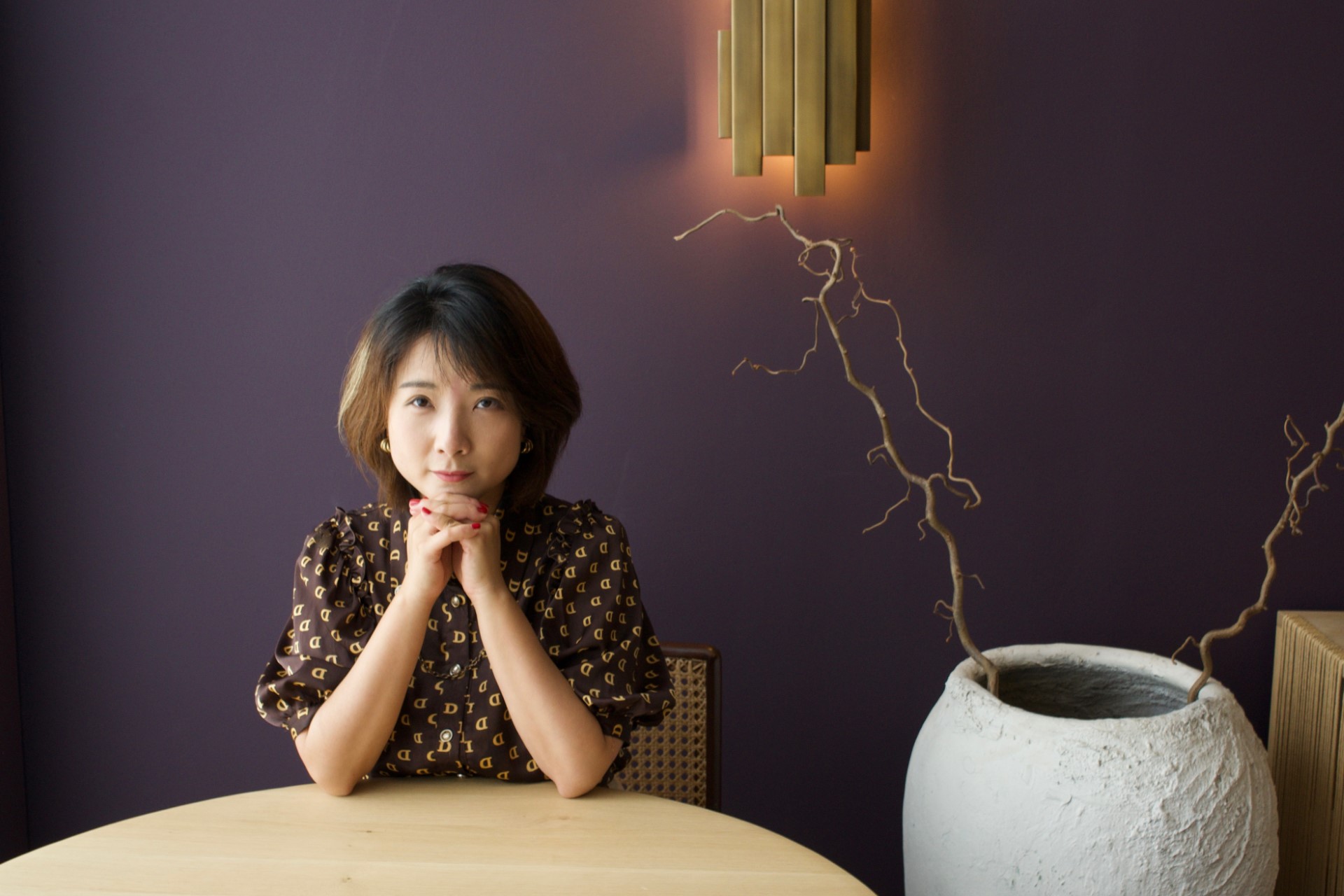How Qing Wang connects her podcast ‘The Weirdo’ to a young Chinese audience
The rise of podcasts is transforming the way the public in China receives news. As it shrinks the information gaps between different parts of the world, podcasting is a powerful way to fill the demand for foreign affairs coverage among a young audience.
Storybench spoke with Qing Wang, founder of the award-winning Chinese podcast, “The Weirdo,” and national correspondent for Jiemian News, a Chinese media outlet focused on finance and business.
But reporting on many countries raises questions like, “Who is your audience?” and “Are there rules on censorship to consider?”
With over a million subscribers across all streaming platforms, Wang’s podcast covers a wide range of topics about Europe and China, from gender and lifestyle to climate and national politics. She uses a human-centered approach to engage young adults, especially those who don’t have access to information about events happening around the world.
Wang visited Northeastern University’s School of Journalism on Nov. 16, 2023. The questions and answers below are also taken from the event.
The following interview has been edited for length and clarity.
What advantages come with podcast storytelling? How do you find your audience for a medium that is already saturated?
Wang: Podcasts are a sensitive medium. Your audience immediately feels your tone of voice, how quickly you speak, the type of words you are using and they feel connected to you personally much more than, I think, any other type of medium. You can listen to your podcast while driving, going to the gym, doing your laundry. In a way, I think in the sphere or podcasting, you get to spend a lot of intimate time with your audience.
The piece of advice I would like to give is to be authentic, to talk about the topic you really want to talk about. You really shouldn’t pretend to be someone else. What is the core topic you really care about?
How do censorship regulations by the Chinese media and government influence the topics you discuss on your podcast?
I want to write for people who are living in mainland China because information is more needed there, and they are a group of [people] that I deeply care about. I think in the end it is a really delicate act of balancing two questions: “What are the really difficult topics?” and “What are some topics that you can still squeeze [into the discussion]?”
The thing that is really difficult for any journalist who wants to work with or in China is that the censorship regulations [are] changing everyday. That’s just a daily reality [for] anyone who has made that decision of saying, “Okay, I’m not giving up on my people, on my readers, on my audiences in China.”

You cover a wide range of topics in different countries. What is your advice on maintaining familiarity with each issue?
I think it is still very helpful to first identify maybe two or three industries or countries that you want to focus on — just take some time, maybe a year or two as practice. I often find it quite helpful to find three to five people who have been in this industry who have the willingness of showing their knowledge to some newcomers.
What does the future look like for international correspondents like you?
One of the trends that I think will happen in the future is [international reporting will] get more centralized. But for other types of reporting, maybe, there will be more citizen reporting. The boundary between the two is getting more and more ambiguous. Collectively, they contribute to this mission of helping your audience understand what’s happening in the world.
- How Vox uses animation to make complicated topics digestible for everyone - April 18, 2024
- Meet the founder: The B-Side’s Andrew Grillo on knowing your audience - March 12, 2024
- How Qing Wang connects her podcast ‘The Weirdo’ to a young Chinese audience - November 22, 2023





